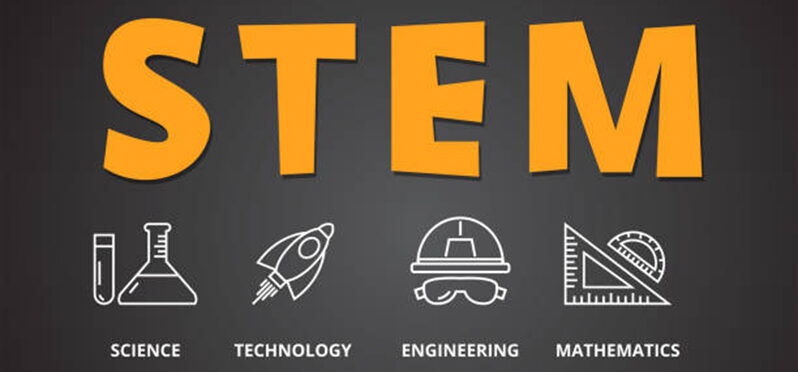Germination is the sprouting of a seed into a plant. The things needed for germination to occur are the right amount of sunlight, air and water. There must be the right type of soil and must be in a specific type of environment. The seed absorbs water through a structure called the micropyle, causing the seed to swell until it splits open. Once the seed has ruptured the radicle (primary root) and plumule (shoot) can emerge from the seed. The roots grow downwards and the shoot grows upwards towards the soil surface. Once the shoot emerges from the soil surface, the cotyledons become fully unfolded and expand, eventually forming the first leaves. Once this occurs, the plant is ready to initiate photosynthesis and is considered a seedling. Germination is important for growing crops and plant use. Without germination there is no photosynthesis and if there is no photosynthesis, there is no food and no medicine. That means that without plants no other living thing would survive.

